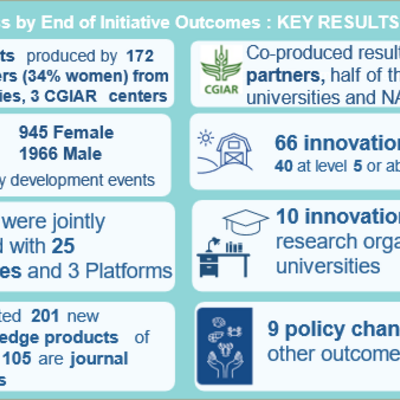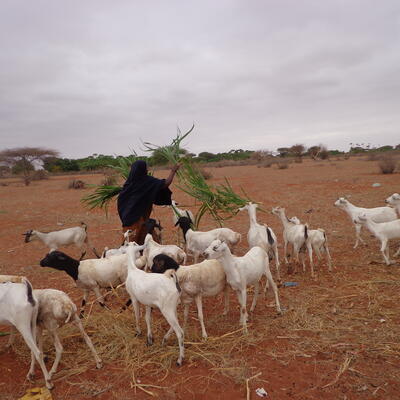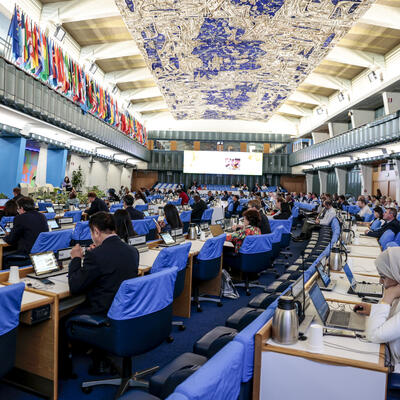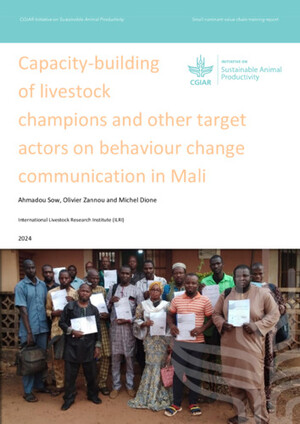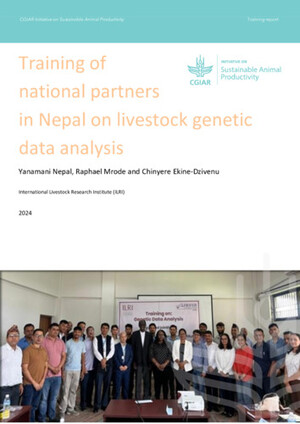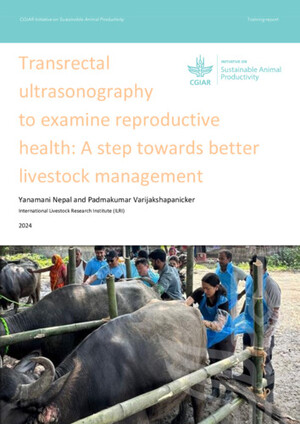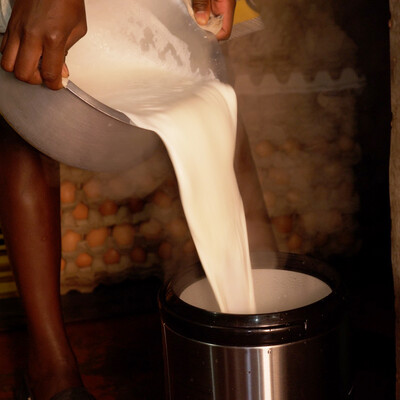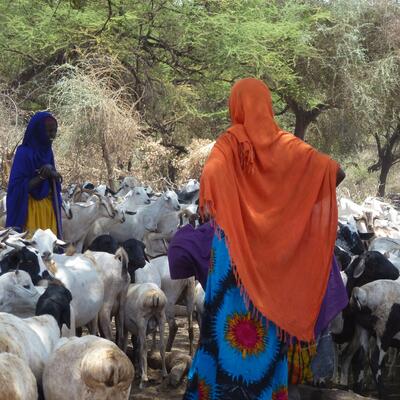
MorePork project creates digital content to help farmers in Uganda improve their pig enterprises
The CGIAR Research Program on Livestock (CRP Livestock) in Uganda has implemented the MorePork project since the year 2012 with the most recent phase, MorePork II, ending on 31 December 2021. The goal of the MorePork project is to improve the incomes of pig value chain actors through marketing arrangements and a sustainable integrated technology package. MorePork I focused on diagnostic studies to identify constraints and opportunities in the pork value chains, pilot testing of interventions to address identified constraints, and building partnerships. MorePork II, drawing from accomplishments made in the first phase, was planned as an integrated package of learnings from phase I.
The entry point was the development of a strong market system through strengthening pig value chain business cases, enhanced involvement of the private sector, and application of timed and targeted digital extension. This digital extension involved three private partners brought together to form an ecosystem of complementary digital extension services, this ecosystem was called PigSmart.
The main goals of the PigSmart ecosystem were to (1) strengthen the digital extension channel, and (2) develop PigSmart use cases in the pig value chain. The aim was to help farmers increase productivity (quantity and quality), reduce costs, and increase income because of better access to timely, relevant, and actionable information, and quality-controlled inputs and services.
The PigSmart ecosystem began with three digital partners Akorion Limited, Agri Tech Talk Africa Limited (ATTA), and Single Spark Ltd. Akorion Limited digitizes the agricultural value chain to efficiently deliver production, financial and market information and bundled services to farmers and other agribusinesses in the ecosystem through their proprietary application EzyAgric. Agri Tech Talk Africa helps farmers to use their gross margin calculator to determine whether their pig enterprises are profitable and identify cost-saving opportunities. The third partner, Single Spark, has a mobile-based application known as the FeedCalculator that computes balanced feed for livestock based on locally available materials to ensure the feeds are low cost and affordable to the farmer.
Through the EzyAgric App, PigSmart set out to deliver digital messages to pig farmers who are using the app as a marketplace for pigs, feeds, inputs, and services. In this use case, the digital content was a valuable addition to the existing services provided by the EzyAgric application. To make this digital content, the project worked with different teams from the country Livestock program flagships (animal health, feeds and forages, genetics, environment) to develop integrated content that is delivered on time to the farmer based on the stage of growth of the animals in the farm. This targeting and timing ensure the farmer only receives information that they can immediately apply in their farms.
This process of integrating and adapting content followed these steps:
1. Curate research outputs from MorePork activities
2. Draw messages from the research outputs
3. Validate these messages with research leaders to ensure the integrity of the content
4. Integrate the messages into one document premised on the different stages of pig growth
5. Develop skits from the integrated content
6. Record skits into audio in the local Luganda language
The resulting content is catalogued below:
a. Integrated pig value chain content
This resource shall be used by pig value chain partners for information on best-bet interventions.
b. Brochure from the integrated content
This resource is a pocket guide for pig value chain partners, especially extension facing actors as a quick reference guide.
c. Audio skits on pig farming
These audio messages can be used by pig value chain partners including extension agents to train farmers and other actors on best-bet interventions using informal audio skits.
For more information on PigSmart visit here.






